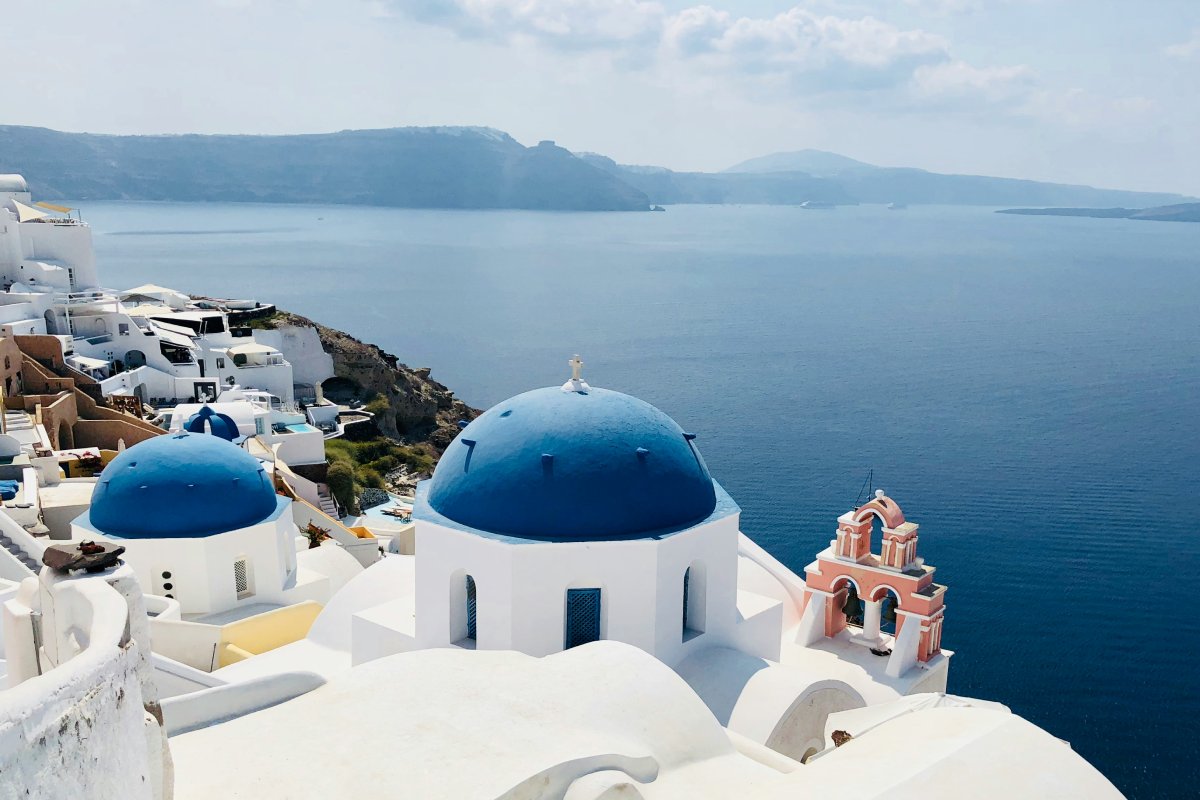


The perception of overtourism in Greece is under reassessment. Prime Minister Kyriakos Mitsotakis asserts a different challenge focuses on concentrated tourist activity.
Mitsotakis aims to manage tourist influx by enhancing infrastructure and redistributing visitors across regions, spotlighting Greece’s untapped tourism potential.
Prime Minister Kyriakos Mitsotakis has emphasized that Greece’s tourism issue is not overtourism but rather the concentration in certain areas during peak months. According to him, many regions welcome more tourists, and the narrative of overtourism does not accurately reflect the country’s situation. Strategically diverting tourists is vital for sustainable growth.
To accommodate more tourists without overwhelming specific areas, Greece plans to implement infrastructure improvements. As Mitsotakis points out, certain Aegean islands experience infrastructure strain during peak months. Enhancements will help distribute tourist numbers across the year, ensuring a balanced visitor experience.
Mitsotakis is steering the focus towards tangible improvements, such as road expansions and public facility upgrades, that support an increased capacity for visitors.
Greece intends to levy fees on cruise passengers, a move aimed at generating revenue for infrastructure investments. This decision reflects a broader strategy to regulate tourist flows and spread visitor traffic more evenly.
By potentially limiting cruise ship arrivals at Mykonos and Santorini, the government is working to mitigate congestion during peak seasons, promoting alternative destinations.
Boosting tourism revenue remains a priority for the Greek government. Between January and July, the country recorded $7.5 billion in tourism spending, marking a 12.2% growth.
Mitsotakis is committed to breaking revenue records by extending peak tourist seasons and capitalizing on the full potential of Athens, Thessaloniki, and other less saturated areas.
The strategy is driven by a need to solidify tourism’s role in national economic development, ensuring Greece remains competitive in the global market.
Local communities, essential stakeholders in tourism decisions, reportedly understand the value of balanced tourism. Unlike Barcelona, Greece does not currently face significant protests against tourism.
Mitsotakis believes that managing concentrated tourism will prevent negative impacts, ultimately benefiting local economies and residents.
The emphasis is on maintaining a quality tourist experience while safeguarding local resources and infrastructure.
Cities like Athens and Thessaloniki hold substantial untapped potential for tourism growth. Mitsotakis is directing efforts towards these regions to balance the tourist distribution across the country.
The enhancement of services and attractions in these cities is expected to draw more visitors, stimulating local economies and cultural exchange.
The strategy aims to highlight lesser-known destinations, transforming them into attractive tourist hotspots.
Greece’s approach is proactive, shifting from short-term fixes to long-term tourism strategies. These measures are designed to ensure a sustainable tourism future.
By expanding beyond traditional peak seasons, Greece aims to create a resilient tourism model that can adapt to and thrive amidst changing global conditions.
Greece is poised to redefine its tourism landscape, addressing concentrated visitor trends rather than an overtourism crisis. The focus on infrastructure, economic growth, and community advantage sets a path for balanced and sustainable tourism.